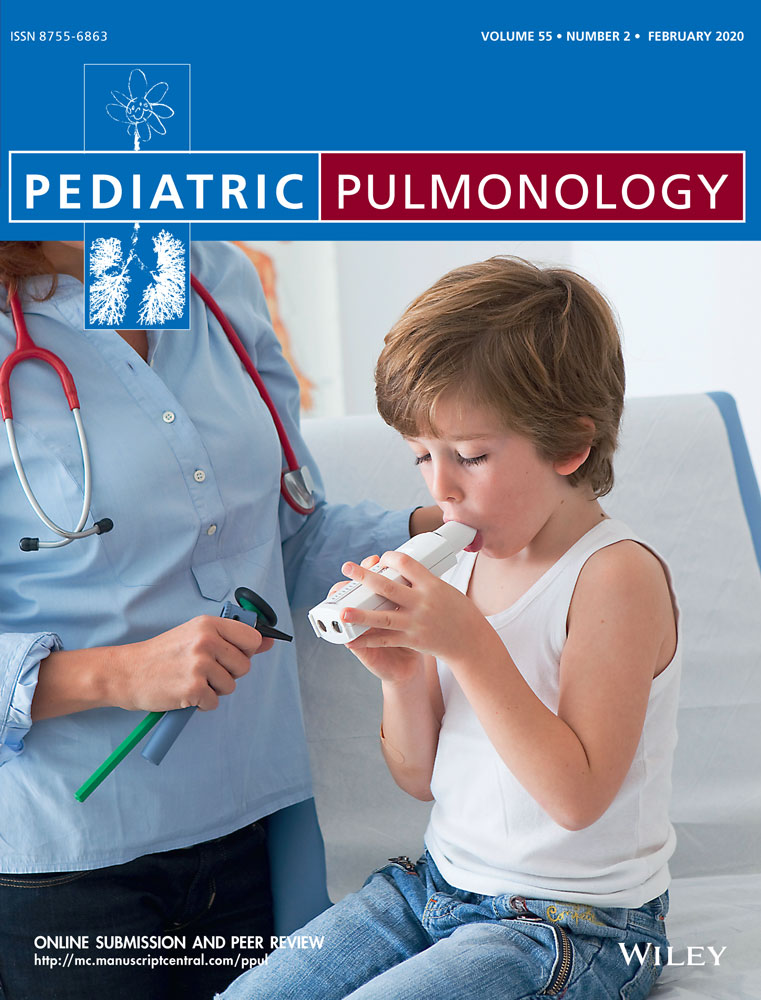Respiratory medication use in extremely premature (<29 weeks) infants during initial NICU hospitalization: Results from the prematurity and respiratory outcomes program
Abstract
Background
The use of medications to treat respiratory conditions of extreme prematurity is often based upon studies of adults or children over 2 years of age. Little is known about the spectrum of medications used or dosing ranges. To inform the design of future studies, we conducted a prospective analysis of respiratory medication exposure among 832 extremely low gestational age neonates.
Methods
The prematurity and respiratory outcomes program (PROP) enrolled neonates less than 29-week gestation from 6 centers incorporating 13 clinical sites. We collected recorded daily “respiratory” medications given along with dosing information through 40-week postmenstrual age or neonatal intensive care unit discharge if earlier.
Results
PROP participants were exposed to a wide range of respiratory medications, often at doses beyond published recommendations. Nearly 50% received caffeine and furosemide beyond published recommendations for cumulative dose. Those who developed bronchopulmonary dysplasia were more likely to receive treatment with respiratory medications. However, more than 30% of PROP subjects that did not develop bronchopulmonary dysplasia also were treated with diuretics, systemic steroids, and other respiratory medications.
Conclusion
Extremely preterm neonates in PROP were exposed to high doses of medications at levels known to generate significant adverse effects. With limited evidence for efficacy, there is an urgent need for controlled trials in this vulnerable patient population.
CONFLICT OF INTERESTS
The authors declare that there are no conflict of interests.




